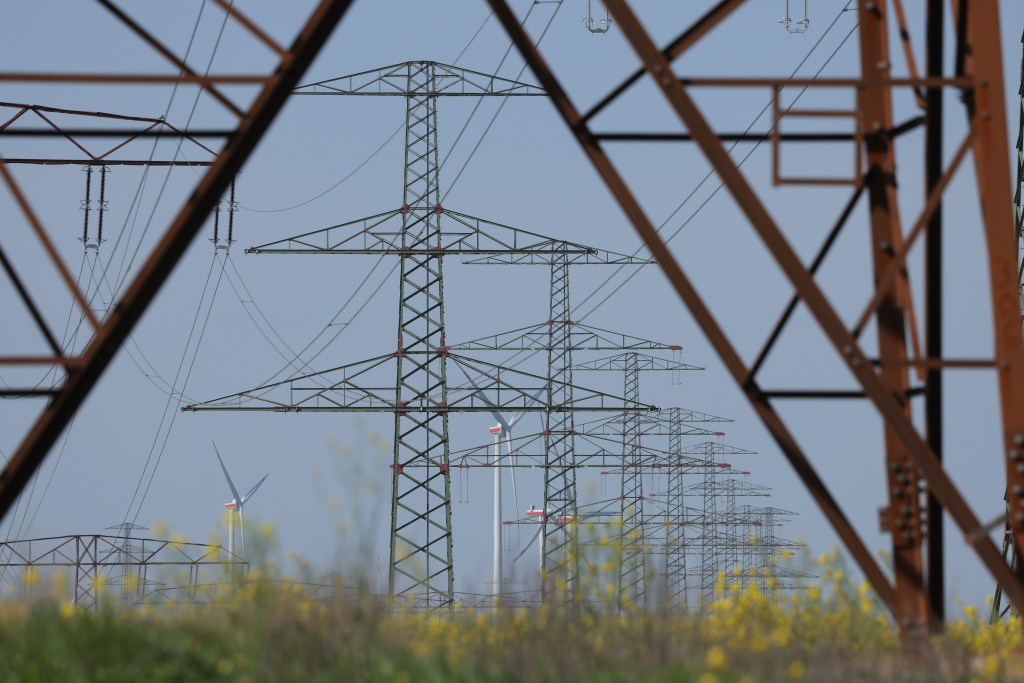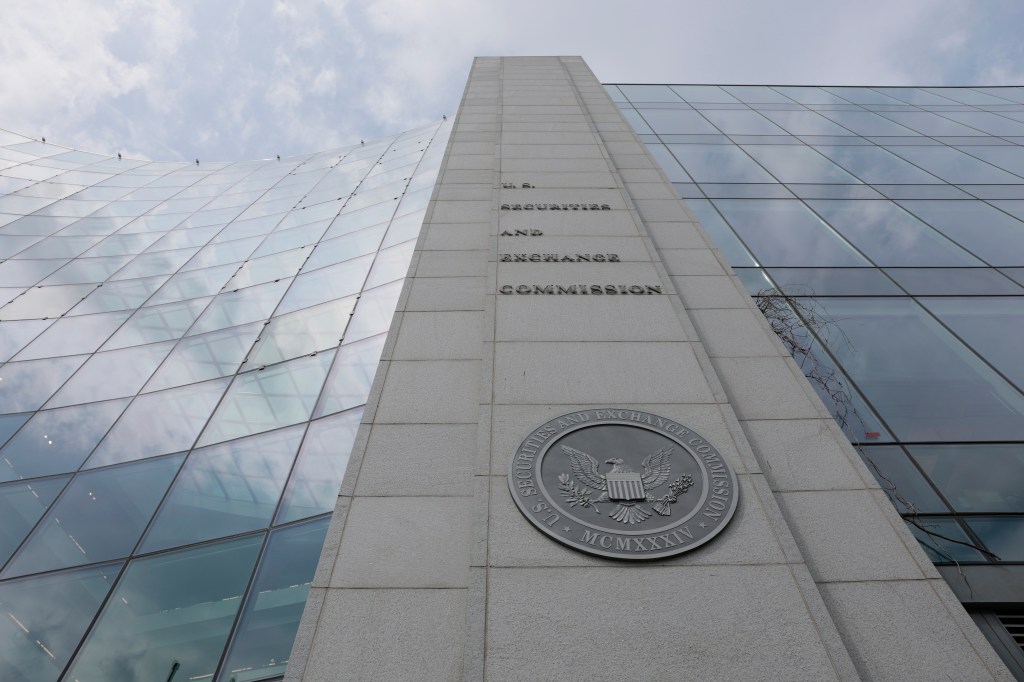Finansinspektionen, the Swedish Financial Supervisory Authority, lists fraud, financial exclusion, unhealthy lending, and unsuitable savings and insurance products as its top four main priorities to investigate during 2025.
In its new consumer protection report, Finansinspektionen says it sees consumers being offered financial products that they do not understand or do
“Many
Register for free to keep reading
To continue reading this article and unlock full access to GRIP, register now. You’ll enjoy free access to all content until our subscription service launches in early 2026.
- Unlimited access to industry insights
- Stay on top of key rules and regulatory changes with our Rules Navigator
- Ad-free experience with no distractions
- Regular podcasts from trusted external experts
- Fresh compliance and regulatory content every day













